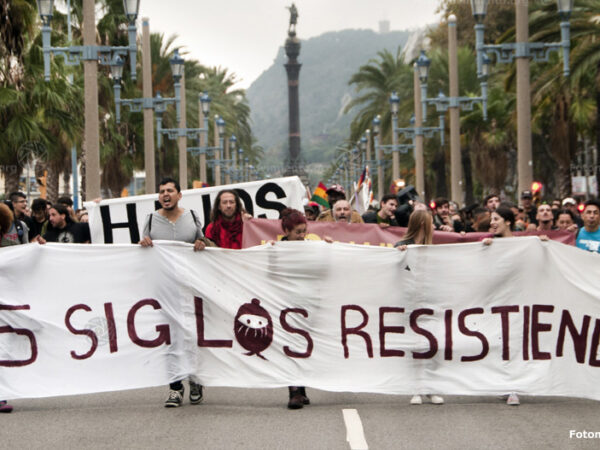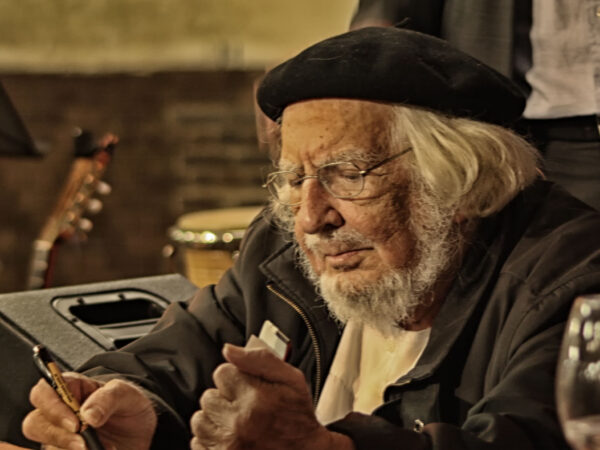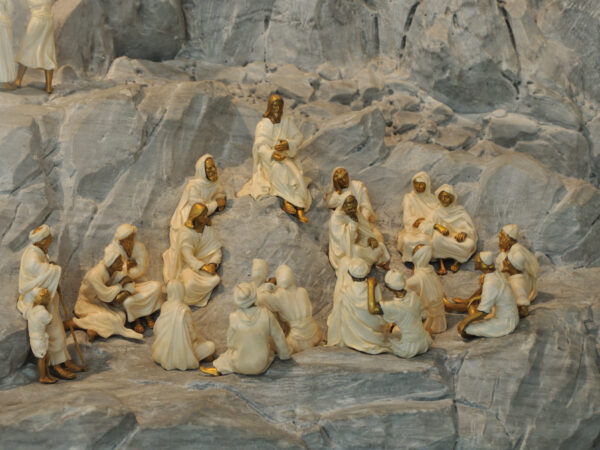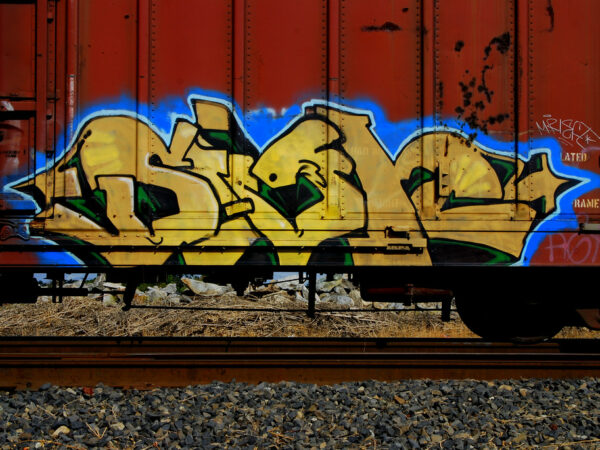
Combinations of theology and anthropology have been criticized for losing track of what theology ought to be about. Yet this loss might be precisely what enables scholars to understand political practices which point towards that which escapes both the theological and the anthropological grasp—a pointer which could be crucial to fashion solidarities that connect faiths in the pursuit of justice.
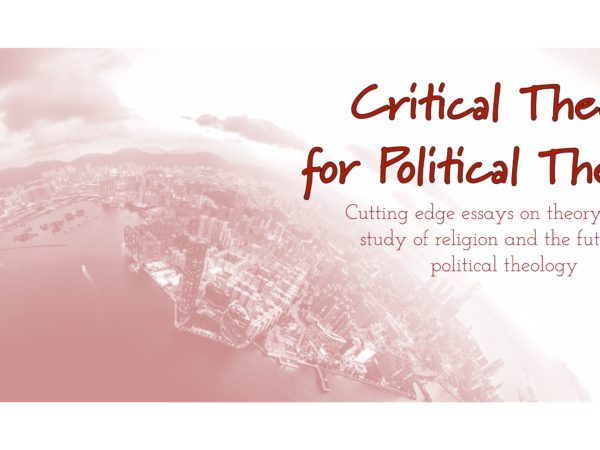
We launched this series to make available theoretical resources that keep pace with the concerns raised by those working with political theology today, whose interests are increasingly tied not only to questions of genealogy, speculation, and political modernity, but also to questions of race, colonialism, gender, sexuality, disability, ecology, labor, finance capitalism, and economies of affect.
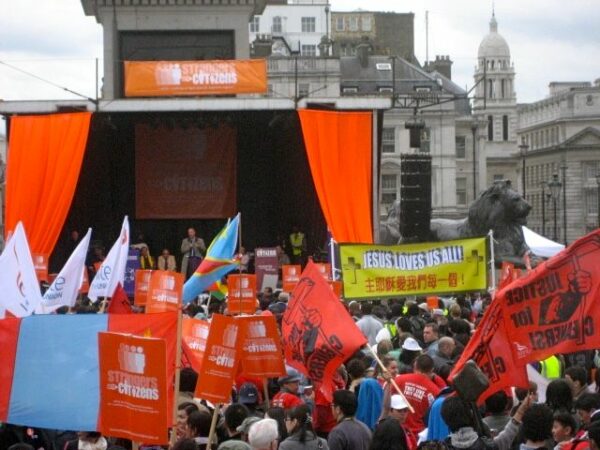
This post focuses on a no less important but less visible cluster of questions about the relationship between ethics and politics, what helps or hinders the formation of persons capable of undertaking liberative projects with and for others, and how the quality and character of relations between persons (for example, virtues such as hope, courage, or hospitality) directly shape the conditions for the possibility of democracy.
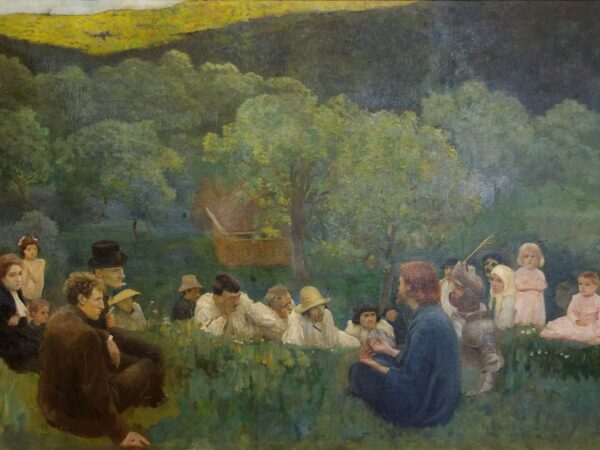
I ask whether they think Wink’s exegesis is correct. Many have been completely convinced; they think that Wink has provided very compelling evidence… But now that my students are certain that Wink has hit it out of the park, I can add another layer of complexity and uncertainty by sharing that I have doubts.
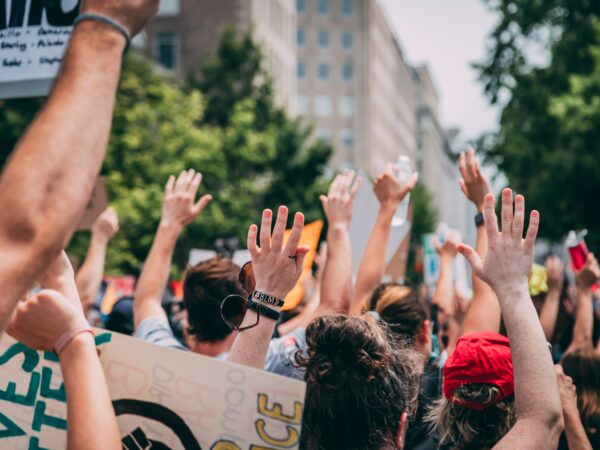
The idea of opposition then is not about establishing a negative position for its own sake. Instead, to embody opposition here is to draw a line, and this line constitutes a limit-experience. It as if to say, ‘enough is enough.’ So, this opposition is an ending and a beginning.
